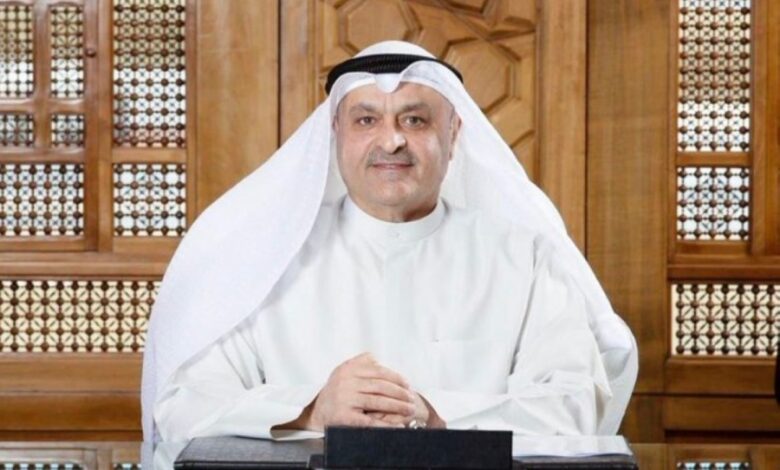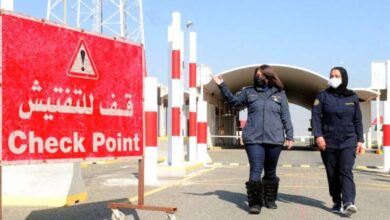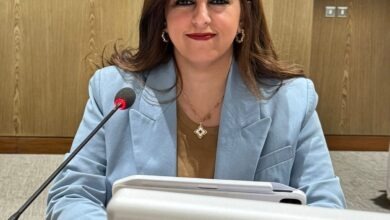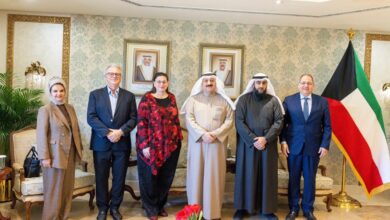Al-Loughani calls for urgent strengthening of renewable energy infrastructure amid rising climate risks
Al-Loughani stressed the transformative role of AI in energy systems, including optimizing grid efficiency, forecasting demand, reducing industrial emissions, and providing early warning systems for extreme weather events — tools essential for proactive disaster risk management in a warming world.

Jamal Al-Loughani, Secretary-General of the Arab Energy Organization (AEO), formerly OAPEC, warned that strengthening infrastructure for renewable energy projects has become a global necessity amid rising climate risks.
Speaking to Kuwait News Agency (KUNA), he stressed that while oil and gas will continue to account for over 50 percent of the energy mix, diversification — including renewables — is critical to meet growing energy demands sustainably.
Al-Loughani’s remarks came following the release of AEO’s quarterly report for Q2 2025, which tracks developments in renewable energy, energy transitions, and climate change. The report highlighted surging global demand for oil and gas across transportation, electricity, and industries such as petrochemicals, fertilizers, and heavy manufacturing.
Despite the renewable energy boom, challenges persist. China maintains global leadership in solar energy, developing the largest floating wind turbine and constructing the world’s biggest hydroelectric dam. The United States achieved a milestone with clean energy supplying the majority of electricity for three consecutive months, while India expanded solar capacity sharply.
Al-Loughani emphasized that Arab nations are actively promoting renewable energy as part of economic diversification strategies. He noted the region’s competitive advantage in green hydrogen production, which can decarbonize industries, attract foreign investment, create jobs, and improve trade balances through export of low-carbon products.
The AEO chief underlined that achieving successful energy transitions requires realistic planning, long-term investments, and robust regulatory frameworks. “Energy transitions are no longer just an environmental issue—they are the foundation for economic stability,” he said.
Global investment disparities remain a concern. Since 2021, over 90 percent of clean energy funding has flowed to advanced economies and China, even though 80 percent of future energy demand growth will come from developing countries. Al-Loughani stressed that addressing this imbalance is critical for a fair and effective global transition.
He also highlighted nuclear energy, particularly small modular reactors, as a strategic option for enhancing energy security and reducing emissions. Meanwhile, critical metals for clean energy technologies face geopolitical risks that could threaten global transition timelines.
Al-Loughani noted the growing role of data centers and AI technologies in the global digital economy. While they offer efficiency gains and emissions reduction potential, their expansion requires coordinated provision of clean, reliable energy, innovative energy-saving solutions, and improved operational efficiency.
Climate change is no longer a distant threat, he warned, calling for urgent adaptation and mitigation strategies. “COP 30 must be a turning point—not just in ambition, but in justice, equity, and financing for those most vulnerable to climate impacts,” Al-Loughani said.
He concluded by stressing the transformative role of AI in energy systems, including optimizing grid efficiency, forecasting demand, reducing industrial emissions, and providing early warning systems for extreme weather events — tools essential for proactive disaster risk management in a warming world.
Follow The Times Kuwait on X, Instagram and Facebook for the latest news updates












